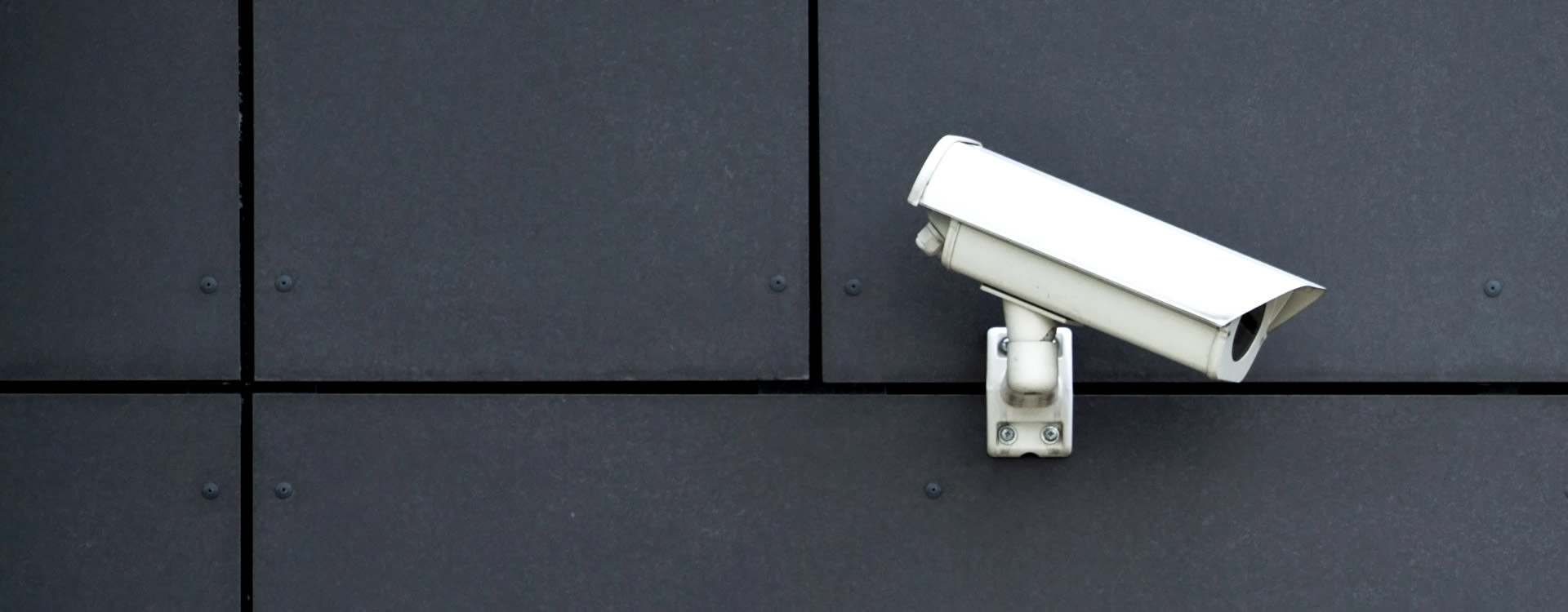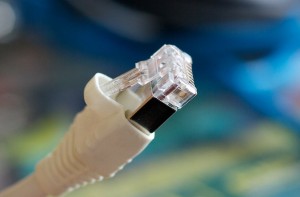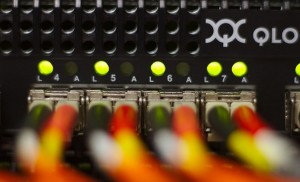Picking the right security system for you business or your home can be difficult. There are so many different options from brands to levels of protection that a system offers, and it can be hard to figure out which security system will be right for you. So what kind of things should you ask when deciding on a system? Here are a few:
- What is it that I want to protect?
- What level of security will I need for what I am trying to protect?
- Will just an alarm system suffice? Or do I want to have a camera system as well?
- How much do I want to spend on a security system?
- How many people will need to have access to the system?
These are just some of the things that you will want to consider when looking into a security system. Another thing to look for when installing a system is a company that offers the things you are looking for. Perfect Connections, Inc. provides many different types of systems and can help you answer these questions to decide what system would be best for you! So, if you live or run a business in Central or Northern New Jersey and would like to find out more about what system would be right for you, please call 800-369-3962 or simply CLICK HERE.
Image from CheckPoint Security


 Our world is constantly changing and evolving. Progression is an inevitable force that influences the way we live our daily lives. This is especially true of advancements made in the techy devices we interact with on a daily basis. Everything from our smartphones to our security systems. It’s the manner in how we interact with all of these devices that is driving innovation and product design. The internet and networking of devices is creating a connected environment that offers ultimate convenience and changes how we perceive the potential of security systems.
Our world is constantly changing and evolving. Progression is an inevitable force that influences the way we live our daily lives. This is especially true of advancements made in the techy devices we interact with on a daily basis. Everything from our smartphones to our security systems. It’s the manner in how we interact with all of these devices that is driving innovation and product design. The internet and networking of devices is creating a connected environment that offers ultimate convenience and changes how we perceive the potential of security systems. Comprehensive security systems are what help maintain a safe and secure work environment or home. As a consumer it is in your best interest to hire a systems integrator with experience, knowledge, and know-how, but how do you tell the good from the “just okay” or bad? Any company can spout off how many years experience they have or jobs they’ve completed, that doesn’t really give you much insight into how they operate and solve problems.
Comprehensive security systems are what help maintain a safe and secure work environment or home. As a consumer it is in your best interest to hire a systems integrator with experience, knowledge, and know-how, but how do you tell the good from the “just okay” or bad? Any company can spout off how many years experience they have or jobs they’ve completed, that doesn’t really give you much insight into how they operate and solve problems. Assisted living facilities are dynamic environments. You have occupants with varying levels of medical needs alongside administrative, medical, and visiting personnel. It’s a somewhat complex security issue because residents and staff need to be able to move throughout the facility freely, but unauthorized entrants must somehow be kept out. The mental health and acuity of residents can also be a cause for concern. In an aging population medical conditions like dementia and Alzheimer’s can cause residents to wander off or get lost which is a major concern for staff and resident relatives. Thankfully by implementing security system solutions many of these concerns can be addressed.
Assisted living facilities are dynamic environments. You have occupants with varying levels of medical needs alongside administrative, medical, and visiting personnel. It’s a somewhat complex security issue because residents and staff need to be able to move throughout the facility freely, but unauthorized entrants must somehow be kept out. The mental health and acuity of residents can also be a cause for concern. In an aging population medical conditions like dementia and Alzheimer’s can cause residents to wander off or get lost which is a major concern for staff and resident relatives. Thankfully by implementing security system solutions many of these concerns can be addressed.

 s a vital role in any comprehensive security system. It helps authorities catch criminals and provides helpful insight into your business operations by collecting and analyzing data on a daily basis. Where and how is all of this visual and analytical data being “collected?” That is the ever pressing question for system integrators and end-users alike. Storing surveillance data can be as important to the efficiency of your security system as having the surveillance equipment itself. We are catapulting ourselves into the future with the constant evolution of technology in all aspects of life including security system components, and surveillance storage solutions are no exception, but not all are created equal.
s a vital role in any comprehensive security system. It helps authorities catch criminals and provides helpful insight into your business operations by collecting and analyzing data on a daily basis. Where and how is all of this visual and analytical data being “collected?” That is the ever pressing question for system integrators and end-users alike. Storing surveillance data can be as important to the efficiency of your security system as having the surveillance equipment itself. We are catapulting ourselves into the future with the constant evolution of technology in all aspects of life including security system components, and surveillance storage solutions are no exception, but not all are created equal. We live in an exciting time where it seems every day a new technology is being born. Everything from our computers to our phones to our everyday accessories are advancing at a rapid pace. The implications of a technology may not be fully realized until after the fact, and it may not always be an issue with the technology itself, but how it interacts with existing components of our already complex systems. This is especially true of security system components.
We live in an exciting time where it seems every day a new technology is being born. Everything from our computers to our phones to our everyday accessories are advancing at a rapid pace. The implications of a technology may not be fully realized until after the fact, and it may not always be an issue with the technology itself, but how it interacts with existing components of our already complex systems. This is especially true of security system components.